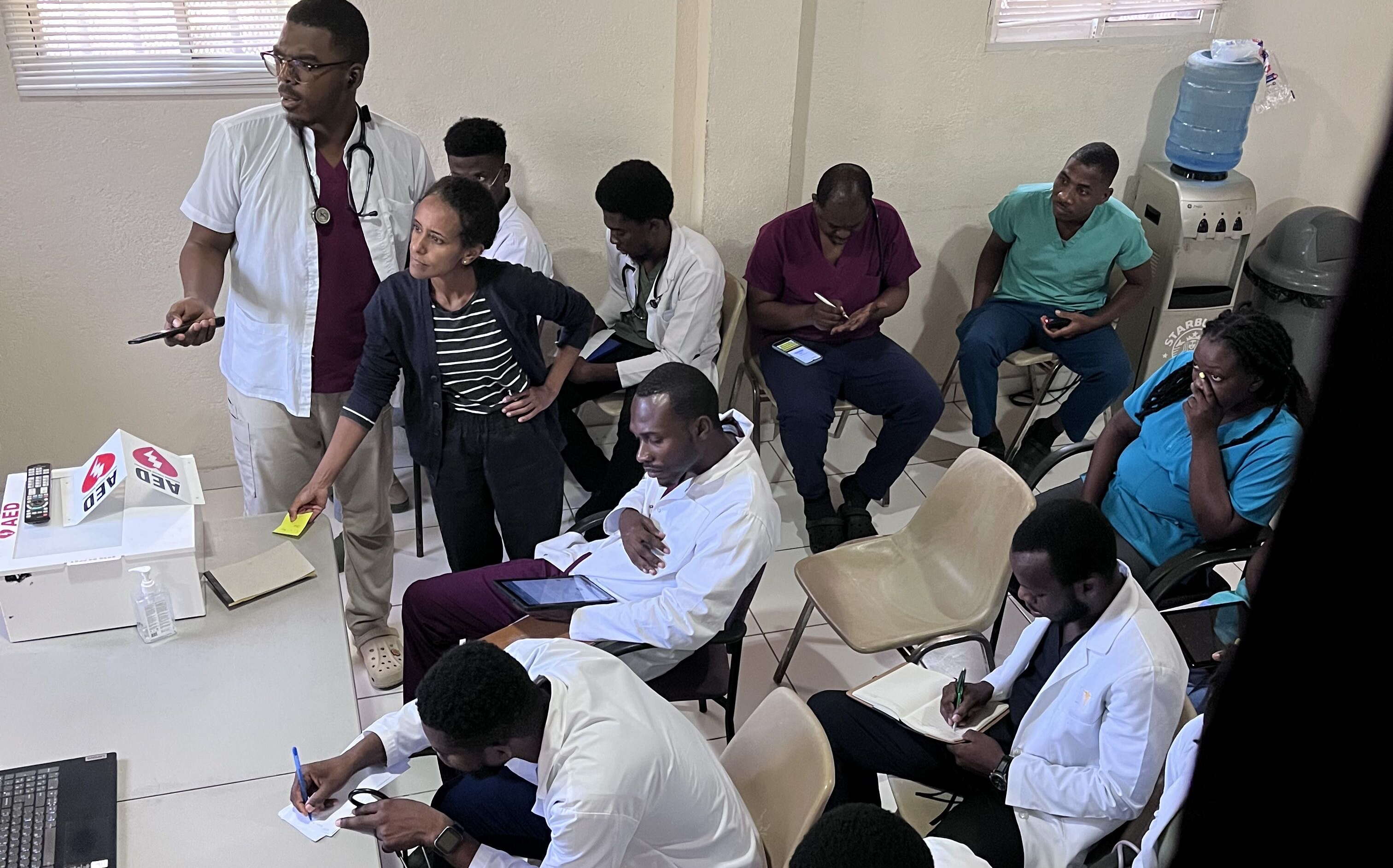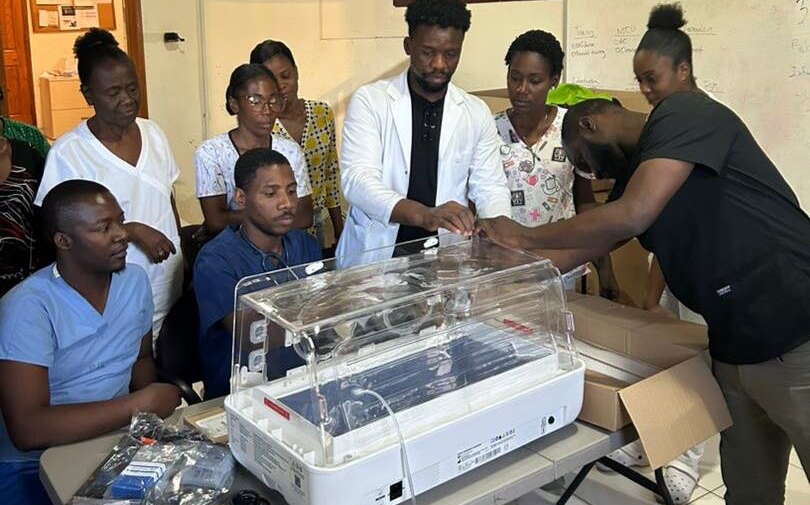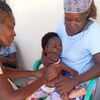
Processing Your Payment
Please do not leave this page until complete. This can take a few moments.
- News
-
Editions
-
- Lists
-
Viewpoints
-
Our Events
-
Event Info
- Women's Leadership Forum 2025
- On the Road with Mainebiz in Bethel
- Health Care Forum 2025
- On The Road with Mainebiz in Greenville
- On The Road with Mainebiz in Waterville
- Small Business Forum 2025
- Outstanding Women in Business Reception 2025
- On The Road with Mainebiz in Bath
- 60 Ideas in 60 Minutes Portland 2025
- 40 Under 40 Awards Reception 2025
- On The Road with Mainebiz in Lewiston / Auburn
- 60 Ideas in 60 Minutes Bangor 2025
Award Honorees
- 2025 Business Leaders of the Year
- 2024 Women to Watch Honorees
- 2024 Business Leaders of the Year
- 2023 NextUp: 40 Under 40 Honorees
- 2023 Women to Watch Honorees
- 2023 Business Leaders of the Year
- 2022 NextUp: 40 Under 40 Honorees
- 2022 Women to Watch Honorees
- 2022 Business Leaders of the Year
-
-
Calendar
-
Biz Marketplace
- News
- Editions
- Lists
- Viewpoints
-
Our Events
Event Info
- View all Events
- Women's Leadership Forum 2025
- On the Road with Mainebiz in Bethel
- Health Care Forum 2025
- On The Road with Mainebiz in Greenville
- On The Road with Mainebiz in Waterville
- + More
Award Honorees
- 2025 Business Leaders of the Year
- 2024 Women to Watch Honorees
- 2024 Business Leaders of the Year
- 2023 NextUp: 40 Under 40 Honorees
- 2023 Women to Watch Honorees
- 2023 Business Leaders of the Year
- + More
- 2022 NextUp: 40 Under 40 Honorees
- 2022 Women to Watch Honorees
- 2022 Business Leaders of the Year
- Nomination Forms
- Calendar
- Biz Marketplace
How one Maine nonprofit is tackling its mission amid a US funding freeze
 Photo / Courtesy Konbit Sante
Konbit Sante works to support a sustainable health system in Cap-Haitien, Haiti.
Photo / Courtesy Konbit Sante
Konbit Sante works to support a sustainable health system in Cap-Haitien, Haiti.
Perry Newman is executive director of Konbit Sante, founded 25 years ago by Portland residents Dr. Michael and Wendy Taylor, former Peace Corps volunteers who later identified Haiti as a country with the most mothers and infants facing a public health crisis.
Today, the nonprofit is based in Falmouth. Its mission is to support the development of a sustainable health system to meet the needs of the Cap-Haitien community in Haiti. (See sidebars for overview and 2024 highlights.)
Konbit Sante recently lost a fifth of its budget when the federal government’s froze funding at the U.S. Agency for International Development, or USAID.
Since then, Konbit Sante has raised more than 40% of the funds needed to reopen one of the hospitals that was shuttered due to the freeze.
Mainebiz asked Newman about Konbit Sante’s operations and future. Here’s an edited transcript.
Mainebiz: What are Konbit Sante’s projects?
Perry Newman: We work with four health care institutions in the north of Haiti. Two are public hospitals, two are private clinics. The work we do is distinct from other relief organizations in that we don’t operate our own hospitals or have a full medical staff. Focusing on one part of Haiti and these four institutions, the DNA of our organization is to develop a system that’s responsive to the articulated needs of the Haitian community. We believe in Haitian solutions for Haitian challenges. We work in partnership with these four institutions and with the Ministry of Health to determine what’s best for us to do.

MB: Could you give an example?
PN: At Justinien University Hospital, we’ve worked over the past 20 years to improve the pediatric service. We’ve worked with USAID to build out an entirely new pediatric wing. We’ve shipped millions of dollars worth of essential medicines. We’ve have worked to increase salaries and compensation for medical residents and arranged for the hiring of a larger nursing staff and an outstanding pediatrician.
We’ve also gathered and shipped a lot of medical equipment, ranging from imaging devices to hospital beds to wheelchairs. We collect the donations in our warehouse in Westbrook and, when we have enough to fill a container, we send it down. Everything we send is free to those who receive it.
MB: How often do you ship containers?
PN: This year, we shipped eight. Not all of it passes directly through our warehouse. We work with other relief organizations, allowing them to use our capacity as a tax-free exporter.
MB: What’s your annual budget and where does your funding come from?
PN: This year’s budget is about $1 million. Overwhelmingly, our funding comes from individuals and family foundations. We’re fundraising constantly and the needs are ever-expanding. We have some small grants. But the $200,000 USDA grant was by far the largest.

MB: What’s the on-the-ground hit of losing USAID support?
PN: One facility was funded exclusively by that grant, the other three by ongoing donations. So the direct impact was limited to that one institution and one project. We were faced with deciding what to do, because we’ve been an anchor institution in that community for 20-something years. We couldn’t say, “Don’t come to work.” So we decided we would pay for those operations for one month out-of-pocket, which is $16,000 per month.

MB: Since the freeze, you raised 40% of funds needed for that institution. How?
PN: Some donors came forward with those funds and, with the help of another organization, Hope Health Action in the U.K., we’ve been able to bring services back to about 40% of capacity. We have the funds to do that to the end of 2025. We’ll be able to vaccinate children, distribute vitamins and attend to expectant mothers, but at a reduced level and with reduced services. Members of the community will receive less treatment and others won’t be employed.
MB: What would you like readers to know, moving forward?
PN: In June 2024, UNICEF did a survey of Haitian youth about their feelings about the future. Sixty-five percent said they were very or somewhat optimistic about the future, which I thought was remarkable. Haiti is a very resilient country. The people manage. If they can do that, then the very least we can do is stick with them.
2024 highlights
Justinien University Hospital’s pediatric unit provided:
- Outpatient care to more than 5,500 patients, ensuring access to essential pediatric health care for children in northern Haiti
- More than 2,600 children were hospitalized at Justinien Pediatrics, addressing critical and acute pediatric health needs
- The pediatric team managed 762 neonatal admissions throughout the year, delivering life-saving care to Haiti’s most vulnerable infants
- The pediatric department cared for 1,400 emergency admissions in FY24, responding to urgent and life-threatening situations
Overview
Konbit Sante started in 2000 with a vision of partnering with an existing public health system in an underserved community whose citizens have limited access to health care.
Following site visits to Cap-Haitien, Haiti, the nonprofit established a partnership in 2001 with Justinien University Hospital, the second-largest teaching hospital in Haiti.
Subsequent partnerships and programs ensued in the public and private health care sectors, with services and geographic scope broadened through emergencies that included earthquakes, cholera and the pandemic.
The name Konbit Sante translates to cooperative, communal labor (konbit) and health (sante).










0 Comments